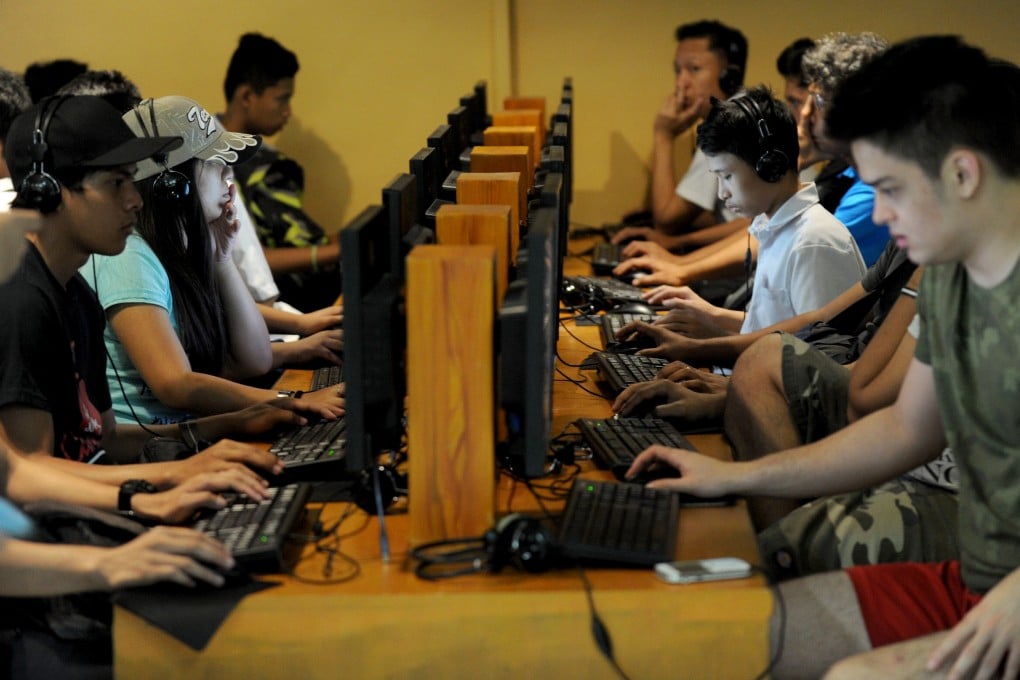As China cyber threat grows, Philippines’ understaffed security team turns to hackers for help
- Despite being among the world’s 30 most-attacked countries, the Philippines’ cyber response team has only a fraction of the staff it needs
- Philippine officials say it is difficult to pin cyberattacks on a specific country. Still, Chinese groups have been blamed for past security breaches

In a November report, a Chinese group known as Stately Taurus was blamed for an attack that had compromised a Philippine government agency for five days earlier in 2023, coinciding with clashes between the two countries’ ships in the South China Sea.
Stately Taurus’s operations “align with geopolitical topics of interest to the Chinese government,” according to Palo Alto Networks, the US cybersecurity firm that produced the report.
Cyberattacks are a bigger threat than the firing of water cannons
Philippine officials say it is difficult to pin any cyberattack on one specific country. Still, online security breaches in the Southeast Asian nation are widespread.
More than 60,000 user accounts were compromised in the third quarter of last year, according to cybersecurity company Surfshark, putting the Philippines among the world’s 30 most-attacked countries. In September, state insurer Philippine Health Insurance Corp. suffered a huge data leak. Hackers defaced the website of the country’s House of Representatives just weeks later.
“Cyberattacks are a bigger threat than the firing of water cannons,” said Sherwin Ona, a cyberdefence consultant to the National Security Council and an associate professor at De La Salle University in Manila.
The government’s cyber response team has 35 members. The group is so understaffed that it is sometimes forced to work with anonymous “black hat” hackers, who may have previously attacked government websites but are willing to offer tips on looming threats, said Jeffrey Ian Dy, undersecretary at the Department of Information and Communications Technology.